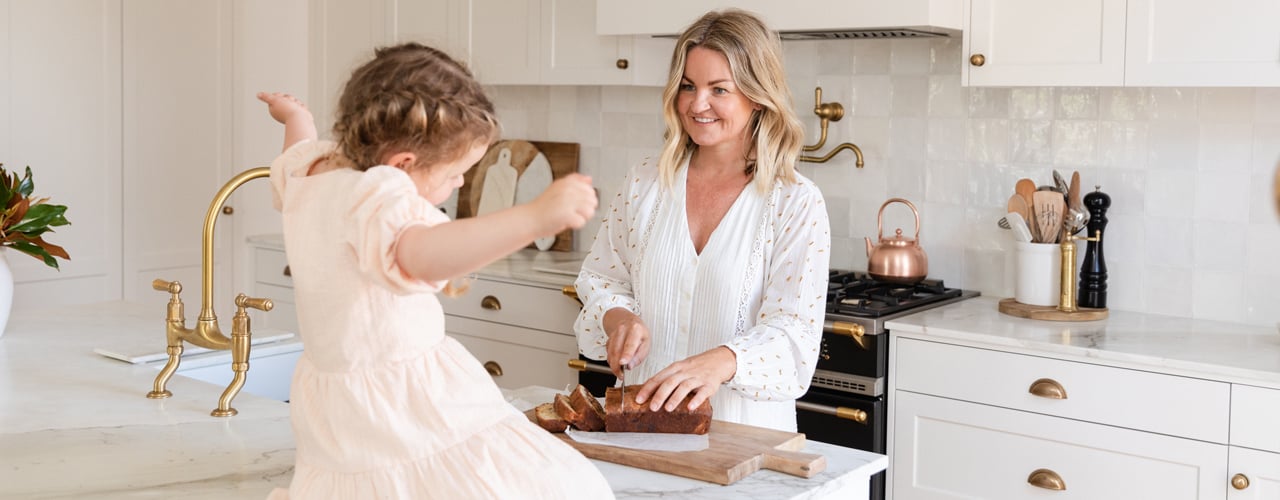Australia is a property-loving country. Over 2 million Aussies own investment properties , and it remains a popular way to build wealth. If you’re interested in buying a property as an investment, this article will help you understand some of the considerations.
What is an investment property?
An investment property is a property purchased with the intention of making money. It’s different to a property you buy to live in.
How investment properties can make money
Investment properties can make money in two ways, making them attractive to investors.
Rental income
The first way properties can make money is through rental income. When you own a property and lease it out to tenants, those tenants pay a weekly amount to live in the property. If you have a mortgage on the property, your rental income may cover some or all of the repayments. Once you’re mortgage free, you can use the income for whatever you like, which can be helpful in retirement when you stop working.
Capital growth
The second way investment properties can make money is through capital growth. This is when the value of the property increases over time, allowing you to sell the property for more than you bought it for. The profit you make from selling your property is known as a capital gain.
Benefits of investing in property
There are many potential benefits to investing in property. These include:
- Tax benefits. You can deduct the cost of managing and maintaining your investment property from your taxable income. If your investment property makes a loss, you can offset this loss against your taxable income, too – this is known as negative gearing.
- Wealth accumulation. Property can appreciate in value over time, which can help you accumulate wealth more quickly than earning money through your job.
- Asset diversification. Property may be less volatile than other investments like the share market. The value of property can also be dependent on different factors to other investments, which helps you diversify where your money is invested.
Things to consider when investing in property
Like all investments, property comes with risks and downsides.
- Cashflow challenges. An investment property may have the potential to grow in value and produce an income, but it also costs you money. This can present cash flow challenges if you’re not able to meet the costs of maintaining it.
- You can’t get first home buyer incentives. Buying a property to live in is different to buying an investment property. If you’re buying an investment property, you’ll be ineligible for grants and concessions like the First Home Owners Grant or the First Home Guarantee.
- Higher rates of interest. Investment loans tend to have higher interest rates than owner occupier loans.
- Costs. There are a number of costs associated with acquiring, owning and selling an investment property. These include:
- Stamp duties and other establishment costs such as conveyancing and bank fees;
- A property manager to manage tenancies and maintenance requests;
- Advertising the property for rent;
- Repairs, maintenance and upgrades;
- Interest on the loan;
- Insurances, licences and compliance;
- Council Rates and Water Rates;
- Strata fees in apartments and shared complexes;
- Selling expenses such as real estate commission and capital gains tax.
This is why it’s best to seek independent financial and/or accounting advice before you purchase an investment property.
How to buy an investment property
When it comes to investment properties, the type of property you buy is important. Not all properties have the same potential to produce consistent rental income and/or capital growth, and some investors seek out properties that are more likely to produce one or the other. Deciding which is right for you comes down to your overall financial position and investment strategy.
It pays to do your research on different locations and property types and compare this to how much you have to spend. You can purchase an investment property with a combination of a lump sum deposit, equity in an existing property, and/or a home loan.
Use our repayments calculator to work out what you can afford and estimate how much your mortgage repayments might be. Or you can let us do the work for you, using our handy pre-qualification tool. In minutes, we’ll estimate your borrowing costs, including stamp duty and Lenders Mortgage Insurance (LMI).
Need more information? Chat to our lending team for any other questions you might have.





